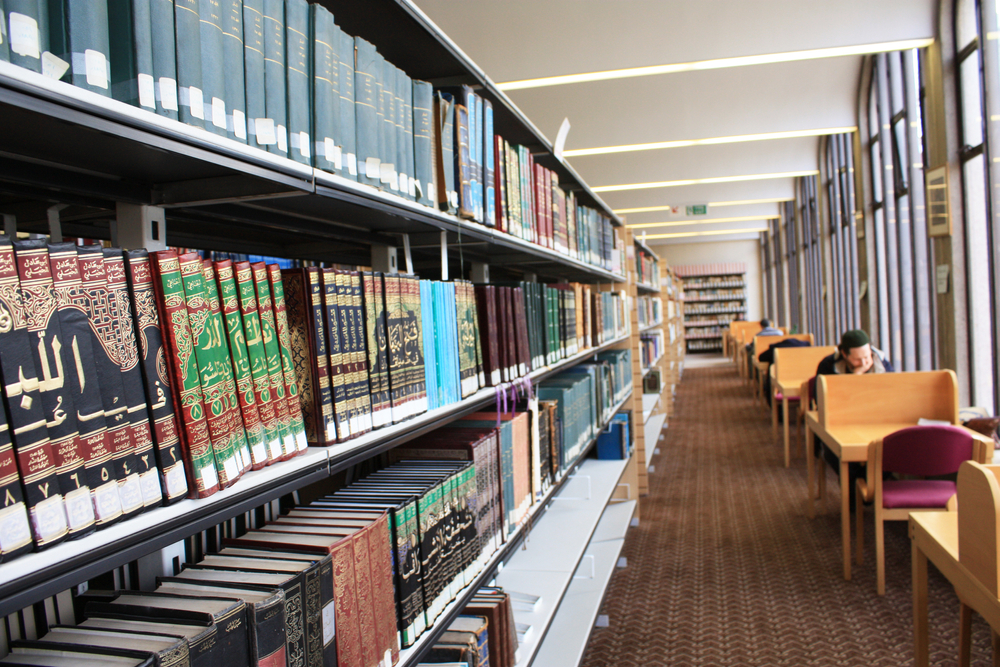What Is “The Great Life of Animals by Damiri” Book About?
Answered by Shaykh Irshaad Sedick
Question
There is a well-known book called “The Life of Animals” (حياة الحيوان الكبرى) by the great Shafi’i scholar al-Damiri. What can you say about the book and especially about some parts of it that look like the practice of sihr/sorcery?
Answer
In the Name of Allah, the Most Merciful and Compassionate. May Allah alleviate our difficulties and guide us to what pleases Him. Amin.
Having paged through the book, I see it appears to be a zoology book. This conforms to what some online resources mentioned about it. It is considered the first comprehensive reference in zoology in the Arabic language. He arranged the organisms he wrote about in alphabetical order like a dictionary. If some people use this or any other book for sihr (black magic), it is categorically unlawful, and Allah knows best.
Harms of Sorcery
Allah severely warns against sorcery, referring to it as harmful, disbelief, selling one’s soul, and forgoing one’s Hereafter.
Allah says: “They learned what harmed them and did not benefit them—although they already knew that whoever buys into magic would have no share in the Hereafter. Miserable indeed was the price for which they sold their souls if only they knew!” [Quran, 2:102]
In the above verse, Allah (Most High) guides us away from harmful knowledge and toward beneficial knowledge.
Beneficial vs Harmful Knowledge
Islam encourages the pursuit of beneficial knowledge that enhances understanding and contributes positively to society. Many beneficial courses are available for free at SeekersGuidance.org, and we welcome you to join us.
Harmful knowledge, like magic, is unlawful and a waste of precious time. In addition to harmful knowledge, any attempt to exploit beneficial knowledge, whether from this book or any other source, for unlawful and harmful purposes like sihr is strictly prohibited in Islam.
Suppose there are specific concerns regarding certain parts of the book that may resemble or be misused for sorcery. In that case, consulting with knowledgeable scholars or authorities is advisable. Scholars can provide a more nuanced understanding of the content and offer guidance on its permissibility, ensuring that the knowledge derived from such texts aligns with Islamic principles.
I pray this is of benefit and that Allah guides us all.
[Shaykh] Irshaad Sedick
Checked and Approved by Shaykh Faraz Rabbani
Shaykh Irshaad Sedick was raised in South Africa in a traditional Muslim family. He graduated from Dar al-Ulum al-Arabiyyah al-Islamiyyah in Strand, Western Cape, under the guidance of the late world-renowned scholar Shaykh Taha Karaan (Allah have mercy on him), where he taught.
Shaykh Irshaad received Ijaza from many luminaries of the Islamic world, including Shaykh Taha Karaan, Shaykh Muhammad Awama, Shaykh Muhammad Hasan Hitu, and Mawlana Abdul Hafeez Makki, among others.
He is the author of the text “The Musnad of Ahmad ibn Hanbal: A Hujjah or not?” He has been the Director of the Discover Islam Centre, and for six years, he has been the Khatib of Masjid Ar-Rashideen, Mowbray, Cape Town.
Shaykh Irshaad has fifteen years of teaching experience at some of the leading Islamic institutes in Cape Town). He is currently building an Islamic podcast, education, and media platform called ‘Isnad Academy’ and has completed his Master’s degree in the study of Islam at the University of Johannesburg. He has a keen interest in healthy Prophetic living and fitness.
